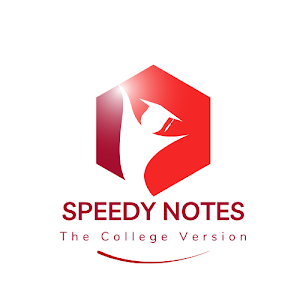[alert-success] HEL - William J. Long [/alert-success]
[alert-warn] UNIT I : INTRODUCTION - THE MEANING OF LITERATURE[/alert-warn] [alert-primary] The Object in Studying Literature[/alert-primary]
[alert-primary] The Object in Studying Literature[/alert-primary]
[btn href="http://www.speedynotes.in/2022/06/history-of-english-literature.html" class="bt" btn]Back >[/btn]
Besides the pleasure of reading, the study of literature aims to know men. Man is a dual creature with an outer and inner nature; he is a doer of deeds and a dreamer, and to know him, we must look beyond his history.
History records his deeds, but every great act springs from an ideal. To understand this, we must read his literature, where his ideals are recorded.
Example: When we read about the Anglo-Saxons, we learn that they were sea rovers, pirates, explorers, great eaters and drinkers, and that they have plundered lands. All that is interesting, but it doesn't tell us what we want to know about our ancestors: what they thought and felt, how they viewed life and death, what they loved, feared, and revered in God and man. Then we read their literature and become familiar. We learn their lifestyles by reading literature.
We must read both history and literature, since they record the dreams of men and women. Aristotle was right when he said, "Poetry is more serious and philosophical than history," and Goethe was right when he said literature "humanises the whole world."
[btn href="http://www.speedynotes.in/2022/06/history-of-english-literature.html" class="bt" btn]Back >[/btn]








0 Comments